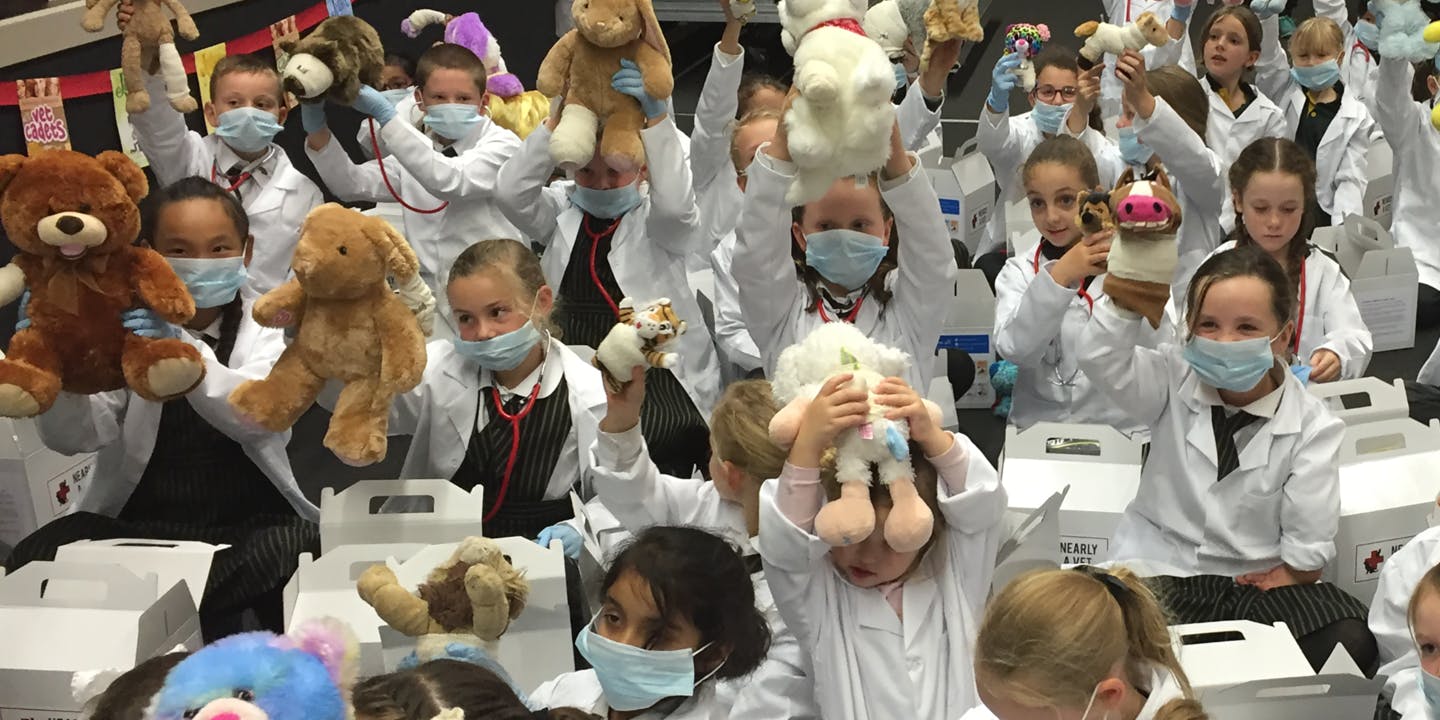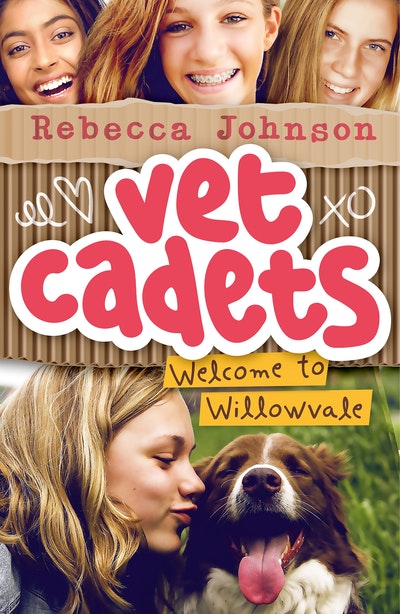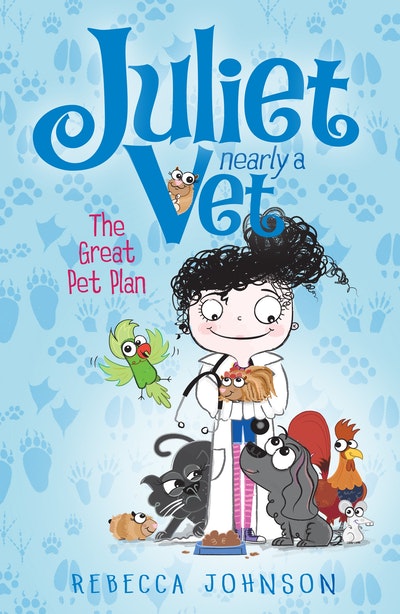An answer to the crowded curriculum.
Could there be a better way to inspire students to try science? Rebecca Johnson, the 2015 winner of the Prime Minister's Prize for Excellence in Science Teaching in Primary Schools and the best-selling author of the Juliet Nearly A Vet and Vet Cadets series, thinks there might be.
According to the latest Trends in International Mathematics and Science Study (TIMSS), by the time a child is nine, they have made up their mind whether or not they are good at maths or science.
If this fact alone is not enough to scare us all into seeing the importance of early, positive engagement in these subjects, then I don’t know what will. I have always seen my role as a primary school science specialist as simply making children love science so much in primary school that they cannot wait to choose to do it in high school. Statistics have shown that many are not making these choices, thus depriving Australia of the scientists and science teachers it desperately needs. I wonder, does this directly correlate back to the TIMSS study? Are we leaving it too late to engage our kids?
The exciting thing is, there has been a recent ‘pendulum swing’ that has created more excitement in teachers than I have witnessed in a long time. It is called STEM, and it stands for more than just Science, Technology, Engineering and Mathematics. To me it stands for a chance to light the flames of purposeful learning across the board, right from the start. I see it as the answer to the crowded curriculum.
To put it simply, STEM is all about creating design challenges for children that they must use every aspect of these subjects to solve. They are not just learning how to do algebra, or how to measure or weigh, or how to change variables, they are having to apply these skills to solve problems like building windmills, or bridges or the ultimate flying insect. A well-constructed design program allows teachers to blend these subjects (and more) to create meaningful and most importantly, fun challenges that cross pollinate all subjects, and ignite the love of physics, chemistry, engineering, biology, technology and every other area, before it is too late.
I’ve known about the value of ‘cross-pollination’ of science for a long time. My first series of fiction novels ‘Juliet – Nearly a Vet’ is very strongly science based. Every challenge those girls face, every diary note that Juliet writes, and every investigation she carries out to solve a problem has a basis in science, wrapped in fun and imbedded in fiction.
I know those books are switching kids on to science for two reasons. Firstly, I get about a dozen emails a week from parents telling me about science facts their kids have remembered (and spruiked) from the books. A recent email made me laugh:
Dear Rebecca,
My daughter will not go to bed until she has seen that I have sent this to you. Today she came inside and reported that one of our chooks was not well. I dismissed her, and put it down to the heat. She was not convinced, and after spending more time out at the pen observing ‘Puff’, she demanded that I accompany her to the pen. With’ Juliet - Nearly a Vet’ in hand, she read out the diary page on how to tell if your chooks are unwell.
I had to admit that she had a point, and a visit to the vet found that poor Puff was suffering from the early stages of coccidiosis, a highly contagious and deadly (but treatable) disease. Puff and the rest of the flock was saved, and the vet confirmed that Sophie, was indeed, nearly a vet herself!
With enormous gratitude for your books,
Helen, Sophie and Puff.
Secondly, the ‘Nearly A Vet Conventions’ that I am running all around Australia as a result of the great success of the books sees children turning up in their droves to claim their science kits, to take home and start investigating.
Inspired by the effect that Juliet was having on capturing this love of science, Vet Cadets, a series for a slightly older audience, has three strong elements to each book, once again, using fun and fiction as the vehicle for delivery.
Each book has a science investigation or experiment the girls must carry out. At school, I am surrounded by girls who love ‘getting their hands dirty’ with challenges often considered more male oriented. For instance, in book one, Welcome to Willowvale, the girls are challenged to find and describe the life cycles of as many parasites as they can. This was enormously fun to write about, and I guarantee that by the end of that book, readers will understand the difference between parasitic and symbiotic relationships, and I am already expecting photos of parasite collections!
The second element to each book is a crime or crisis, all of which are solved through science. Whether that is physics, chemistry, forensics or biology differs, but proper scientific method is modelled throughout.
The third element is very important to me. I don’t feel as if the modern pre-teen needs coaching on how to behave like ‘a cow’! These books are about teamwork, strong female role models, and science teachers who are not nerds, but in fact wear fabulous clothes and shoes! They are about dealing with problems calmly and assertively, working with other girls and women, laughing a lot, and not taking yourself too seriously.
If we are ever to make a fist of the massive curriculum demands placed upon us as teachers, opportunities such as STEM and books that teach as well as entertain are surely the way to go, and I sincerely hope that I am contributing to that cause.














